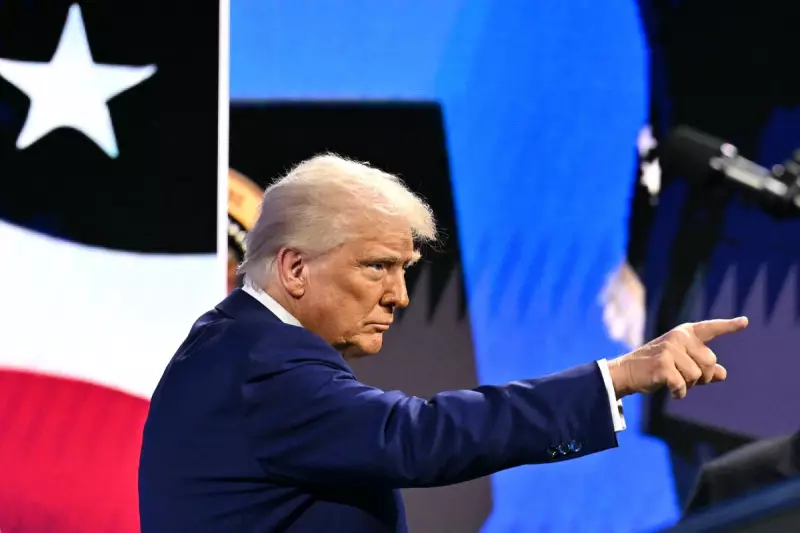
The spectre of a second Trump administration is casting a long shadow over UK universities, with proposals for an expanded US travel ban causing deep concern among academic leaders.
According to reports, former President Donald Trump is planning a dramatic extension of his controversial travel policy, potentially targeting countries based on ideological grounds rather than national security criteria. This move could have profound implications for the thousands of students and academics travelling between the UK and United States.
Academic Freedom Under Threat
University leaders across Britain are expressing grave concerns about the potential impact on academic collaboration and student exchange programmes. The proposed ban threatens to create significant barriers for international scholars seeking to study or conduct research in American institutions.
"This isn't just about politics—it's about the very heart of academic freedom and global cooperation," stated a spokesperson for Universities UK. "The free exchange of ideas and talent across borders is fundamental to higher education's mission."
Economic Implications for UK Institutions
The potential travel restrictions could deliver a serious blow to UK universities that rely heavily on international student fees. Many British institutions have strong partnerships with US colleges and benefit significantly from transatlantic academic mobility.
Key concerns include:
- Disruption to existing student exchange programmes
- Potential decline in international student applications
- Barriers to research collaboration between UK and US institutions
- Financial impact on universities dependent on overseas student revenue
Looking Ahead
As the political landscape in the United States continues to evolve, UK educational authorities are closely monitoring developments. Many are preparing contingency plans to mitigate potential disruptions to academic partnerships and student mobility should the proposed travel measures be implemented.
The situation remains fluid, but one thing is clear: the future of transatlantic educational exchange hangs in the balance, awaiting the outcome of American political decisions that could reshape international academic cooperation for years to come.





